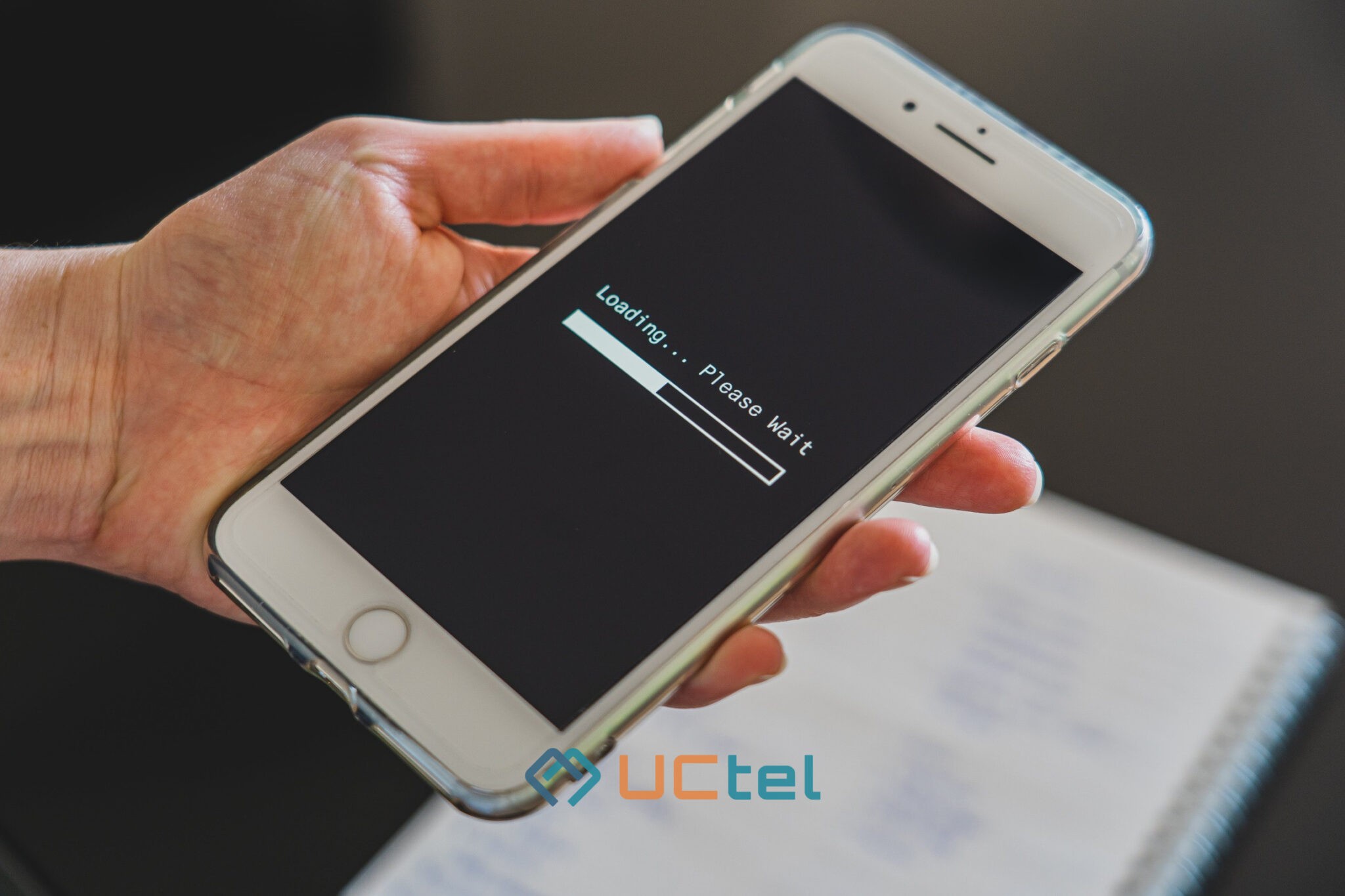
Are Mobile Signal Boosters Legal in the UK?
Table of contents
Today, many websites offer mobile boosters for both outdoor and in-office installations. At the same Today, many websites offer mobile boosters for both outdoor and in-office installations. But is a mobile signal booster legal in the UK? Some sellers omit the information that in the UK, the use of radio frequency spectrum devices is carried out under the current legislation and is subject to a permissive procedure. In particular, the use of some devices may be illegal under Section 8 of the WT Act 2006. That’s why it’s so important to carefully select equipment to optimise mobile communications. Below, we will talk about the legality of mobile repeaters in the UK.
If you are looking for mobile boosters that will:
- not make you pay a fine
- not be uninstalled by law enforcement
- fulfil the promises made by the manufacturer
Just contact us.
Legality of Using a Mobile Repeater in the UK
“Why are mobile repeaters illegal?” you may ask. In a nutshell, any equipment that connects to the radio frequency spectrum of a mobile provider operating in the UK must be licensed. Using mobile boosters without a licence puts you at risk of a £5,000 fine under the 2006 Act or even jail time of up to one year. That's why using certified devices isn’t only a guarantee that they will work properly and do everything that their manufacturer claims, it is also a requirement.
Are signal boosters illegal unless certified, then? Not quite. Basically, there are two types of signal repeaters that can be legally used without a licence in the UK, though they still need to match specific tech requirements set by Ofcom:
- Static indoor repeaters: Designed to improve mobile signal within buildings, such as homes and offices, these devices are ideal for locations with poor indoor coverage due to distance from cell towers, thick building materials, or obstacles blocking signals. Ofcom-compliant static indoor repeaters must be built to work with one specific mobile network, have self-regulating power control to avoid interfering with nearby cell towers and follow specified technical guidelines to ensure minimal risk of interference.
- Low-gain in-vehicle repeaters: These boosters are designed to operate in cars, vans, and other mobile environments and are especially useful for areas with spotty coverage along highways or rural locations. They should be network-specific devices with lower power levels and automatic gain control to prevent over-amplification and interference with external mobile networks.
Obviously, to avoid problems associated with the legality of mobile repeaters, it makes sense to use only certified or Ofcom-compliant devices. With that in mind, at UCtel, we pride ourselves on providing the highest quality mobile signal amplification solutions by using only professional, certified signal amplifiers that meet all regulatory standards beyond Ofcom licensing. This means our devices are guaranteed to be safe, compliant, and powerful enough to deliver consistent, high-quality mobile signals indoors. Above that, we offer:
Extensive industry expertise demonstrating our proficiency and knowledge in designing and implementing solutions for various environments, from multi-story office buildings to expansive warehouses.
Expert installation services conducted by skilled technicians to place and configure the amplifier for maximum effectiveness;
Comprehensive customer support to provide a smooth and satisfying experience at every step, from choosing the right booster to efficient troubleshooting assistance if necessary;
Tailored maintenance plans, including periodic system checks, software updates, and any necessary adjustments, to ensure your signal repeater performs at its best, especially in high-demand settings;
How Can You Check If Your Mobile Booster Is Legal or Not?
Mobile boosters and all equipment designed to optimise the mobile signal belong to a large group of radio devices. They are strictly regulated under UK law and are considered illegal for personal use if they conflict with the Wireless Telegraphy Act of 2006. In particular, it is regulated by the Communications Authority, also known as Ofcom. Ofcom provides licences to local manufacturers of radio equipment, also ensuring the safety and legality of mobile signal boosters.
What should you do if you are using an illegal mobile booster? It's simple: before you get into trouble with the law, urgently find a manufacturer with certified products and purchase a booster with a licence. Unlicensed devices will have to be uninstalled.
How to Legally Boost a Mobile Signal
As for the legal use of mobile repeaters, there’s only one option for you — to install a certified mobile booster. Thus, you will not only have no problems with local legislation but also receive the device with the exact characteristics declared by the manufacturer. Usually, trusted manufacturers of this radio equipment clearly indicate on their website that they sell only licensed or license-exempt products.
How Can We Help?
UCtel is a trusted UK company that offers only Ofcom license-exempt solutions for indoor use to boost the stability and accessibility of the mobile signal. In addition, UCtel specialises in planning mobile signal optimisation systems and installing equipment, as well as in its technical support. As a result of turning to UCtel, you get a completely ready-to-work and absolutely legal solution that functions exactly as you expect.
Let's look at one of the cases implemented by UCtel specialists cost- and time-efficiently.
Some time ago, representatives of London's Northwestern University Healthcare NHS Trust (LNWUH), including Northwick Park Hospital and Central Middlesex Hospital, turned to UCtel specialists with a typical problem: the mobile signal in these buildings was either completely absent or very weak.
Providing normal conditions for the use of mobile devices was a crucial task because of the COVID-19 pandemic. In particular, it was important for hospital staff to have stable access to digital patient records on tablets and mobile phones, to be able to communicate with each other, schedule appointments and shifts, and provide patients with remote communication with relatives. As a solution to this issue, our specialists chose the CEL-FI QUATRA, which included two different plans for each hospital building.
For the Northwick Park hospital, UCtel used two QUATRA systems, and for the second building one hybrid solution, including QUATRA and a twelve-unit passive DAS. At the planning stage, the company's specialists selected the optimal locations for all system components to ensure seamless coverage at the lowest possible cost. A few days later, patients and hospital staff were already able to actively use 4G coverage from any place inside the buildings.
You can read more about this case study in our portfolio. You can also learn about the legality of mobile repeaters we provide here.
Final Thoughts
Why are mobile repeaters illegal in the UK? In short, it has to do with the licence. Legal mobile repeaters exist, and they solve the problem of a weak mobile signal. Note that it’s important to entrust their installation to specialists, especially when it comes to buildings with concrete walls and other high-density building materials.
Find the answer below or contact us to ask more about UCtel
Do you want to improve your poor mobile coverage legally? Ask us! Fill out our contact form, and we will reach out to you as soon as possible.






